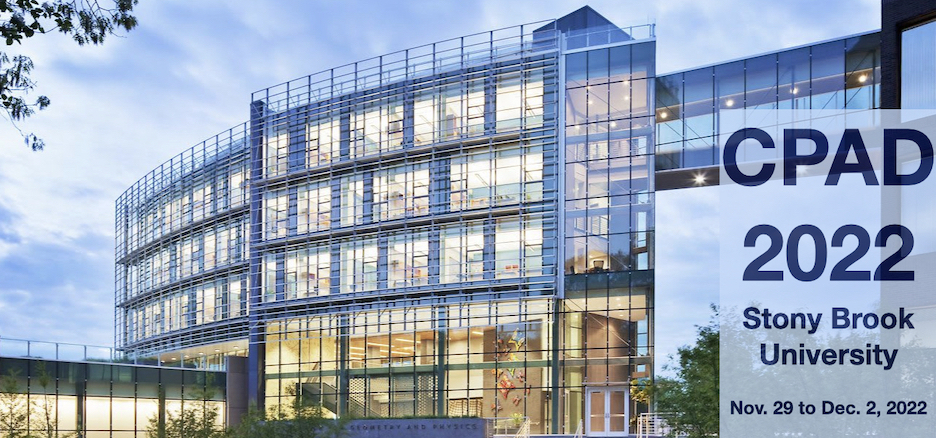Speaker
Description
Time-domain triggering on a raw stream of data, where the triggering is generally threshold-based or randomly acquired, is critical for many scientific applications from rare-event searches to condensed matter system characterization to high-rate high-energy physics experiments. Generic data acquisition (DAQ) systems that quickly and efficiently process such data are thus necessary for effective detector R&D. In the SPLENDOR Collaboration, we are developing the Python-based SPLENDAQ package for this exact purpose—it offers two main features for offline analysis of continuous data: a threshold-triggering algorithm based on the time-domain optimal filter formalism and an algorithm for randomly choosing nonoverlapping segments for noise measurements. Furthermore, we are developing an online FPGA triggering algorithm for a DAQ system called the Moku, a product created by Liquid Instruments. Using MATLAB Simulink and machine-generated HDL code, we can create and compile a live version of the same algorithm. Here, we discuss the underlying principles of this generic DAQ package and give concrete examples of its utility in various applications.
Research presented in this presentation was supported by the Laboratory Directed Research and Development program of Los Alamos National Laboratory under project number 20220135DR.

